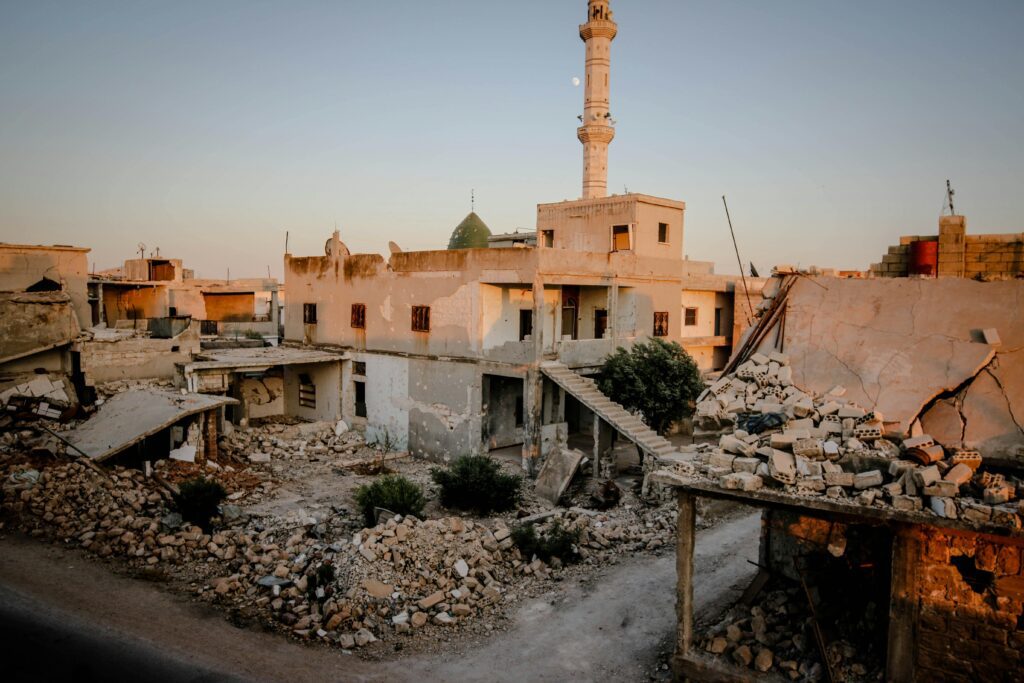الحوكمة المحلية كرافعة لبناء السلام
تواجه البيئات الهشة والمتأثرة بالنزاعات تحديات كبيرة تعيق تطبيق النماذج التقليدية للحكم. تُعرف هذه البيئات بضعف مؤسسات الدولة، والتفكك الاجتماعي، والتعرض المستمر للأزمات. وغالبًا ما تكون الحلول التقليدية، مثل الحكم المركزي أو المبادرات المجتمعية، غير قادرة على مواجهة التعقيدات التي تميز هذه السياقات. فالنهج المركزي يفتقر إلى القدرة على الاستجابة للاحتياجات المحلية المتغيرة وغالبًا ما يتجاهل الديناميكيات السياسية والاقتصادية والاجتماعية المحلية المعقدة.، بينما تفتقر التنمية المجتمعية إلى القدرة على إقامة الهياكل الحكومية لدعم بناء الدولة وتعافي المجتمعات بشكل مستدام.
في سلسلة “معرفة من أجل السلام” القادمة، المستوحاة من إطار عمل برنامج الأمم المتحدة الإنمائي، سنتناول نهجًا جديدًا يسلط الضوء على الدور الحيوي للحوكمة المحلية واللامركزية في بناء مجتمعات مرنة وسلمية.
:سوف تغطي هذه السلسلة المفاهيم الأساسية والاستراتيجيات العملية لتحويل الحوكمة المحلية تشمل المواضيع الرئيسية
المساءلة في الحوكمة المحلية: دراسة الطرق التي يمكن من خلالها بناء هياكل حوكمة محلية شفافة وقابلة للمسائلة تعزز من ثقة المجتمع وشرعيته
تعزيز المساواة بين الجنسين: استكشاف استراتيجيات تمكين المرأة في الأدوار القيادية ضمن الحوكمة المحلية ومعالجة العنف القائم على النوع الاجتماعي في المناطق المتأثرة بالصراعات.
دعم التماسك الاجتماعي من خلال المشاركة المدنية: تسليط الضوء على كيفية قيام المشاركة المدنية الفعالة بتقريب الفجوات الاجتماعية وتعزيز التضامن المجتمعي.
التنمية الاقتصادية الشاملة: تناول طرق تمكين الفئات المهمشة اقتصاديًا بما يتماشى مع السلام المستدام، مع التركيز على الفئات المستبعدة في مناطق النزاع.
المشاركة العامة في تخصيص الموارد: مناقشة كيفية إشراك المجتمعات المحلية في عمليات اتخاذ القرار بشأن توزيع الموارد وتوفير الخدمات لتلبية الاحتياجات المحلية.
آليات العدالة اللامركزية: تقديم نماذج لحل النزاعات المحلية للحفاظ على النظام في المناطق ذات الحضور المحدود للدولة.
يساهم كل من هذه المواضيع في رؤية أوسع تهدف إلى تعزيز السلام والتنمية المستدامة. من خلال التركيز على هذه الجوانب من الحوكمة المحلية، نهدف إلى تسليط الضوء على كيفية أن يؤدي النهج المحلي والشامل إلى الاستقرار والعدالة في المناطق المتأثرة بالصراعات. انضموا إلينا في هذه الرحلة لاكتشاف كيف يمكن للحوكمة المحلية أن تمهد الطريق نحو مرونة طويلة الأمد وانسجام اجتماعي، من خلال بناء أسس السلام من القاعدة إلى القمة
في المجتمعات الهشة والمتأثرة بالنزاعات، غالبًا ما تواجه الأساليب التقليدية في الحكم صعوبة في التعامل مع التحديات الفريدة التي تواجهها هذه المجتمعات. فمشكلات مثل الانقسامات الاجتماعية، وضعف الهياكل الحكومية، وعدم كفاية تقديم الخدمات تعرقل عملية تطوير المجتمعات المستقرة والمرنة. يهدف مشروع “الحوكمة المحلية كأداة لبناء السلام” إلى استكشاف دور الحوكمة المحلية واللامركزية في تعزيز السلام وتقوية مرونة المجتمع. يركز هذا المشروع المستوحى من إرشادات برنامج الأمم المتحدة الإنمائي (UNDP)، على كيفية تمكين هياكل الحوكمة المحلية لتوفير أساس للسلام والتنمية المستدامة في بيئات ما بعد النزاع.
يعد هذا المشروع دراسة شاملة حول كيفية استخدام الحوكمة المحلية كأداة لبناء السلام. تتناول هذه السلسلة جوانب متعددة أساسية لفهم وتنفيذ الحكم الفعّال في المناطق المتأثرة بالنزاع. تشمل المجالات الرئيسية تعزيز مرونة المجتمعات المحلية، وتمكين المؤسسات المحلية من إدارة النزاع، وربط جهود الإغاثة والتنمية. يضمن هذا النهج الشامل أن تكون مبادرات بناء السلام متجذرة في احتياجات وواقع السكان المحليين، مما يجعلها أكثر استدامة وقادرة على التكيف مع التحديات المستقبلية.
أحد المحاور الأساسية للمشروع هو الدور الحاسم للحكومات المحلية في تقديم الخدمات. فالتقديم الفعّال للخدمات مثل الرعاية الصحية والتعليم والصرف الصحي لا يقتصر على تلبية الاحتياجات الأساسية، بل يبني أيضًا الثقة بين المواطنين والمؤسسات الحكومية، مما يعزز التماسك الاجتماعي. من خلال تحسين قدرة الحكم المحلي، يمكن للمجتمعات أن تصبح أكثر مرونة واكتفاءً ذاتيًا، مما يمكنها من التعامل مع الأزمات الفورية والأهداف التنموية طويلة الأمد.
كما يولي المشروع أهمية كبيرة لدمج العدالة والأمن ضمن إطار العمل للحوكمة المحلية. فالوصول إلى العدالة والأمن أمر بالغ الأهمية في مجتمعات ما بعد النزاع لمعالجة المظالم، وتقليل العنف، وإرساء حكم قانون يمكن للمواطنين الوثوق به. إن الهياكل الحكومية المحلية التي تسهل هذه الخدمات تساهم في سد الفجوات في الوصول إليها، مما يضمن أن جهود بناء السلام تتجاوز المساعدات الإنسانية المباشرة لتعزز بيئة مستقرة تشجع على النمو والمصالحة.
عنصر آخر أساسي في هذا المشروع هو المساواة بين الجنسين. إن تعزيز الحوكمة المستجيبة للجنسين يتيح لكل من الرجال والنساء المشاركة بشكل متساوٍ في عمليات اتخاذ القرارات، مما يضمن أن السياسات شاملة وتعكس احتياجات جميع أفراد المجتمع. تعتبر هذه الشمولية أمرًا حيويًا لبناء مرونة طويلة الأمد وضمان أن يكون السلام قائمًا على المساواة والعدالة الاجتماعية.
بشكل عام، يقدم مشروع “الحوكمة المحلية كأداة لبناء السلام” إطارًا لفهم وتطبيق الحوكمة المحلية في المناطق المتأثرة بالنزاع. من خلال تعزيز دور المؤسسات المحلية، وتشجيع الشمولية، وتحسين تقديم الخدمات، يهدف هذا المشروع إلى بناء الأساس من أجل تحقيق السلام والاستقرار الدائم في المجتمعات التي تنشأ من النزاع
Introduction to the Local Governance as a Lever for Peacebuilding Project
In fragile, conflict-affected environments, traditional governance models often fall short of addressing the unique challenges that these communities face. Community-driven development can lack the capacity to establish state structures, while top-down decentralization efforts frequently overlook complex local political, economic, and social dynamics. Our upcoming Knowledge for Peace (K4P) series on local governance, inspired by UNDP’s framework, will delve into a fresh approach that highlights the vital role of local governance and decentralization in building resilient, peaceful communities.
This series will cover foundational concepts and practical strategies for transforming local governance. Key topics will include:
- Accountability in Local Governance: Examining ways to build transparent and accountable local governance structures that foster community trust and legitimacy.
- Strengthening Gender Equality: Exploring strategies to empower women in leadership roles within local governance and address gender-based violence in conflict-affected regions.
- Supporting Social Cohesion Through Civic Engagement:: Highlighting how active civic participation can bridge social divides, encouraging community solidarity.
- Inclusive Economic Development: Addressing pathways to economic empowerment that align with sustainable peace, particularly focusing on marginalized groups within conflict zones.
- Public Participation in Resource Allocation: Discussing how local communities can be included in decision-making processes around resource distribution and service provision to meet local needs.
- Decentralized Justice Mechanisms: Introducing models for local dispute resolution to maintain order in regions with limited state presence.
Each of these topics contributes to a larger vision of fostering sustainable peace and development. By focusing on these aspects of local governance, we aim to shed light on how a more localized, inclusive approach can lead to stability and justice in conflict-affected areas. Join us on this journey to explore how local governance can pave the way for long-term resilience and social harmony, building the foundations of peace from the ground up.

In fragile and conflict-affected societies, traditional governance approaches often struggle to address the unique challenges these communities face. Issues such as social divisions, weakened state structures, and inadequate service delivery hinder the development of stable and resilient communities. The “Local Governance as a Lever for Peacebuilding” project seeks to explore the role of local governance and decentralization in fostering peace and strengthening societal resilience. Inspired by the United Nations Development Programme (UNDP) guidelines, this initiative emphasizes how empowering local governance structures can provide a foundation for sustainable peace and development in post-conflict settings.
This project is a comprehensive examination of how local governance can serve as a tool for peacebuilding. The series of documents covers various dimensions essential to understanding and implementing effective governance in conflict-affected areas. Key areas include enhancing the resilience of local communities, enabling local institutions to manage conflict, and bridging humanitarian and development efforts. This holistic approach ensures that peacebuilding initiatives are deeply rooted in the needs and realities of local populations, making them more sustainable and adaptable to future challenges.
One core focus of the project is the critical role of local governments in service provision. Effective delivery of services such as healthcare, education, and sanitation not only meets basic needs but also builds trust between citizens and governing institutions, fostering social cohesion. By improving local governance capacity, communities can become more resilient and self-sufficient, better equipped to handle both immediate crises and long-term developmental goals.
The project also emphasizes the importance of integrating justice and security within the framework of local governance. Access to justice and security is essential in post-conflict societies to address grievances, reduce violence, and establish a rule of law that citizens can trust. Local governance structures that facilitate these services help bridge gaps in access and ensure that peacebuilding efforts extend beyond immediate humanitarian aid to foster a stable environment conducive to growth and reconciliation.
A further essential component of this project is gender equality. Promoting gender-responsive governance allows both men and women to participate equally in decision-making processes, ensuring that policies are inclusive and reflect the needs of all community members. This inclusivity is crucial for building long-term resilience and ensuring that peace is rooted in equality and social justice.
Overall, the “Local Governance as a Lever for Peacebuilding” project provides a framework for understanding and operationalizing local governance in conflict-affected areas. By strengthening the role of local institutions, promoting inclusivity, and enhancing service delivery, this project aims to build the foundation for lasting peace and stability in societies emerging from conflict.

Strengthening Local Councils: Foundations for Inclusive Governance – تعزيز المجالس المحلية: أسس الحوكمة الشاملة
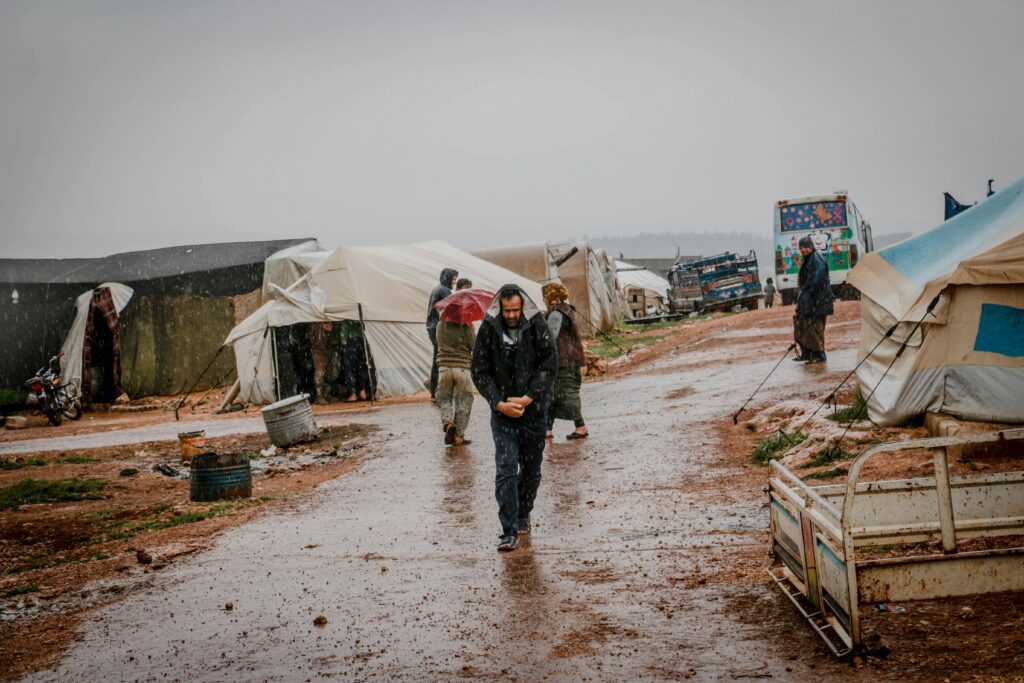
Empowering Marginalized Groups Through Local Political Processes – تمكين الفئات المهمشة من خلال العمليات السياسية المحلية
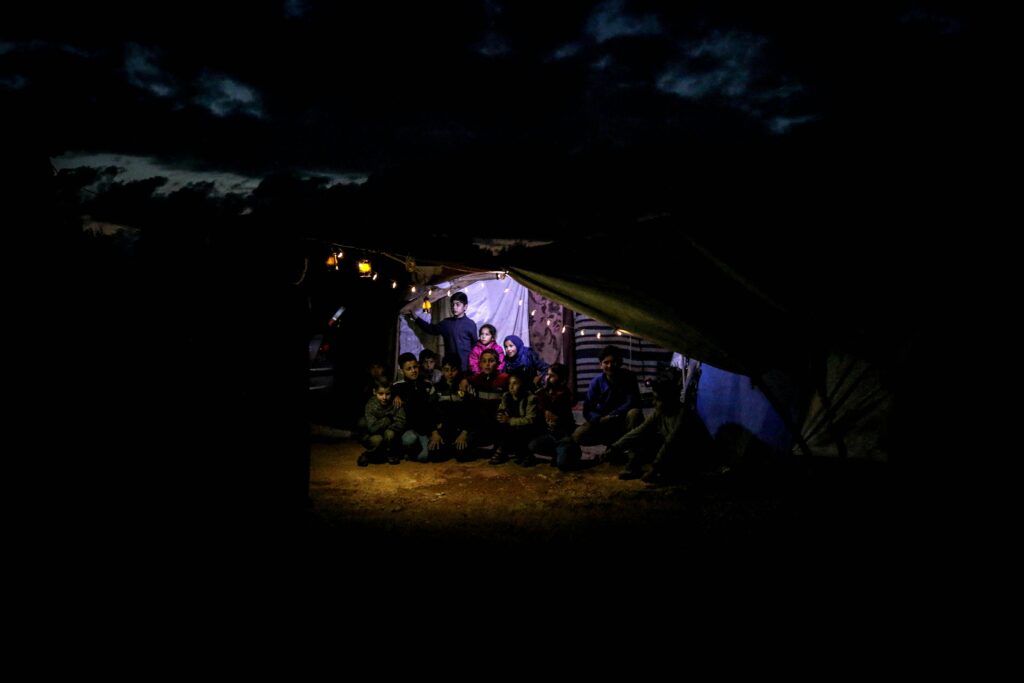
Inclusive Local Governance: Pathways to Equality and Representation – الحوكمة المحلية الشاملة: مسارات نحو المساواة والتمثيل
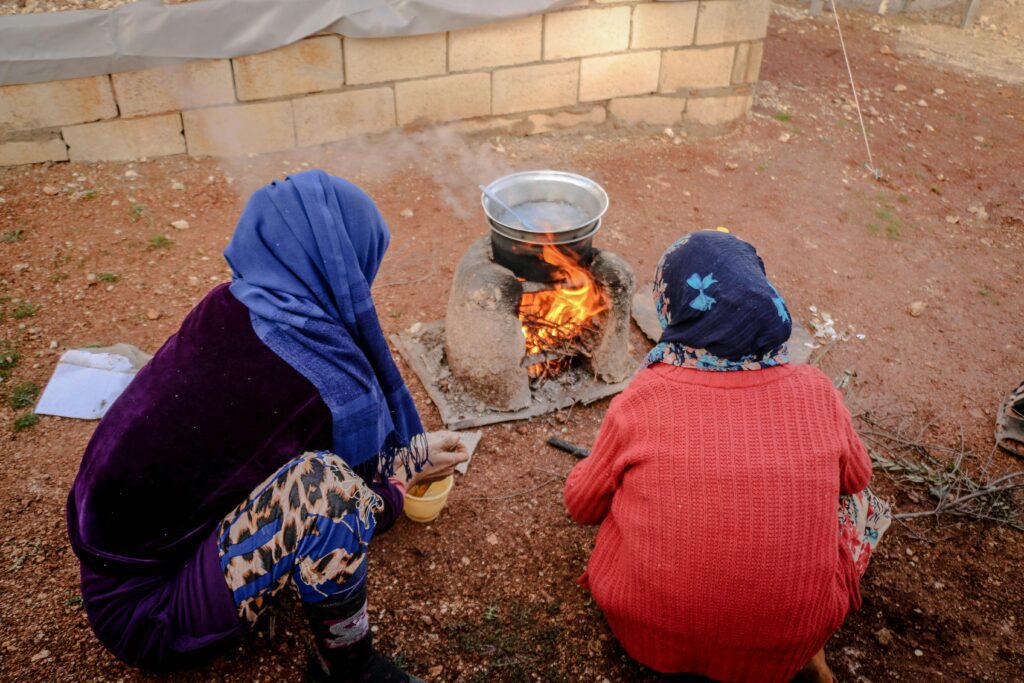
Natural Resource Management and Resilience in Fragile Contexts – إدارة الموارد الطبيعية والصمود في البيئات الهشة
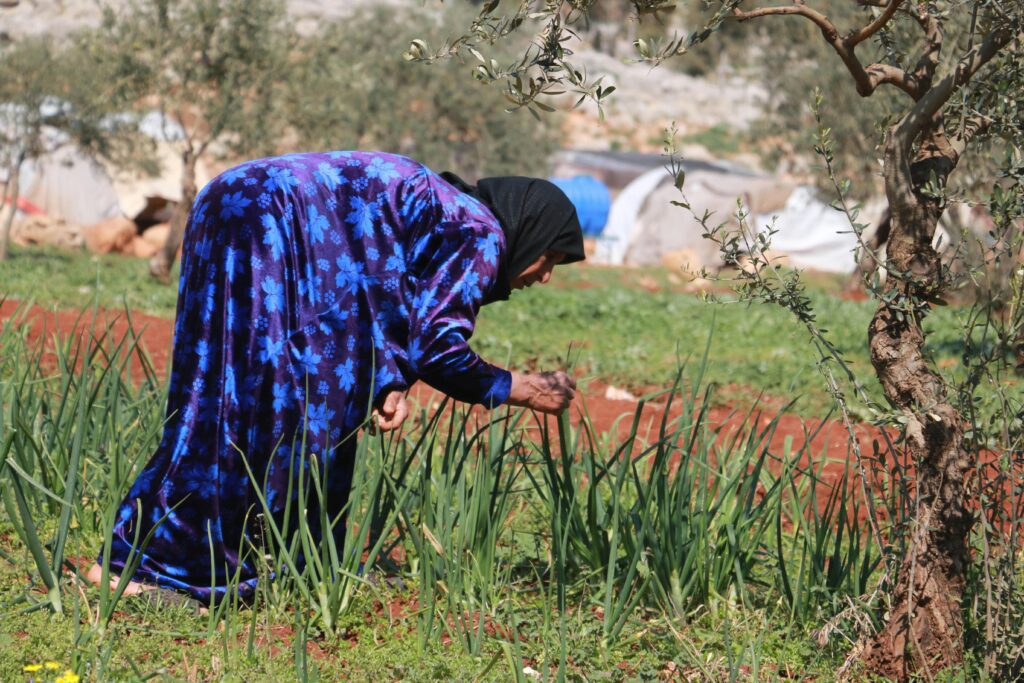
Local Economic Recovery: Pathways to Resilience – التعافي الاقتصادي المحلي: مسارات نحو الصمود
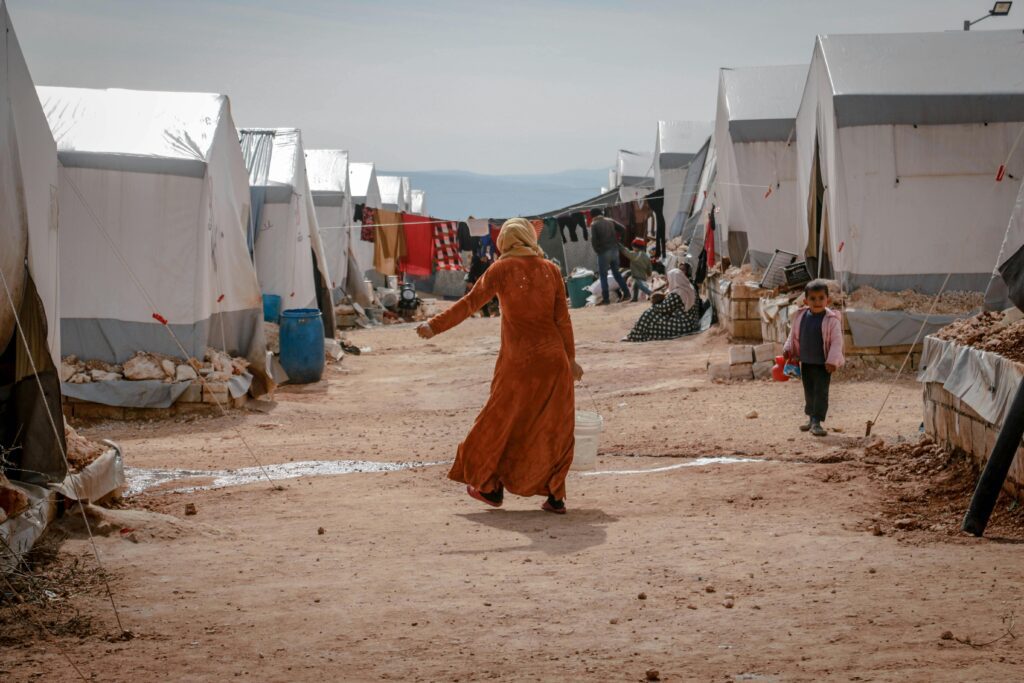
Spatial Planning and Territorial Management in Fragile Settings – التخطيط المكاني وإدارة الأراضي في البيئات الهشة
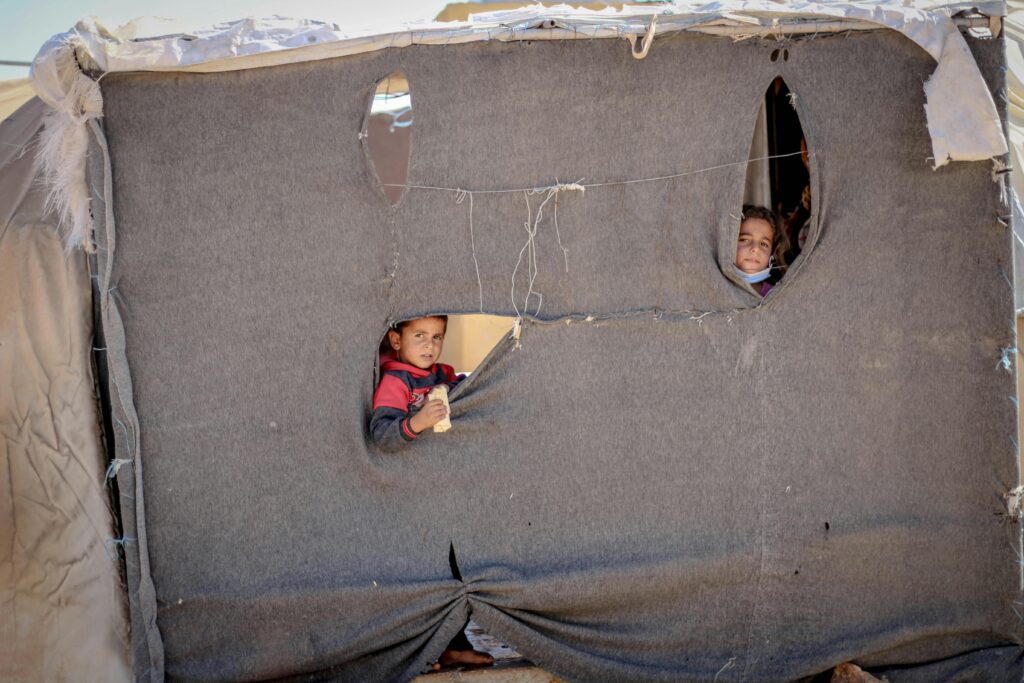
Social Accountability and Access to Information – المساءلة الاجتماعية والوصول إلى المعلومات
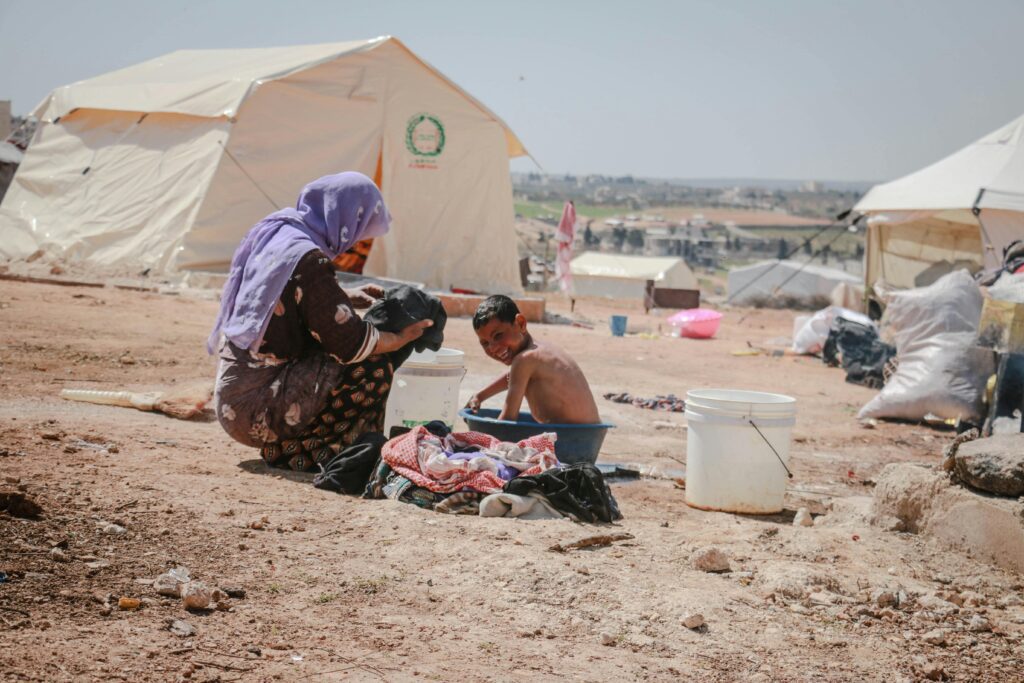
Empowering Civil Society for Inclusive Governance – تمكين المجتمع المدني لتحقيق حوكمة شاملة
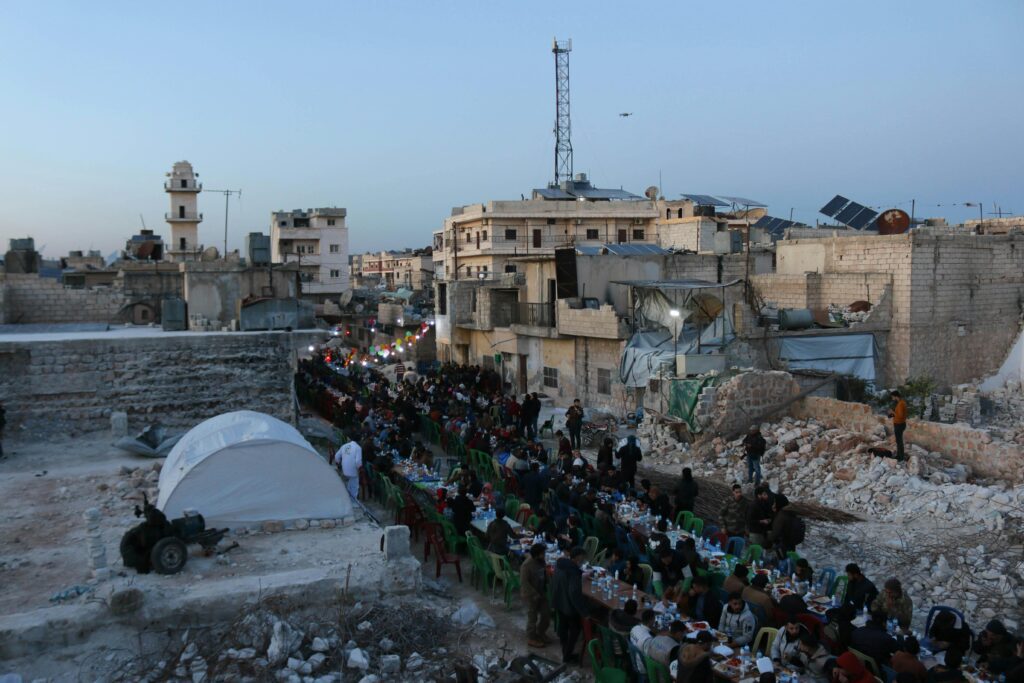
Voice and Participation in Building Resilient Governance – تعزيز الصوت والمشاركة في الحوكمة لتحقيق التنمية المستدام
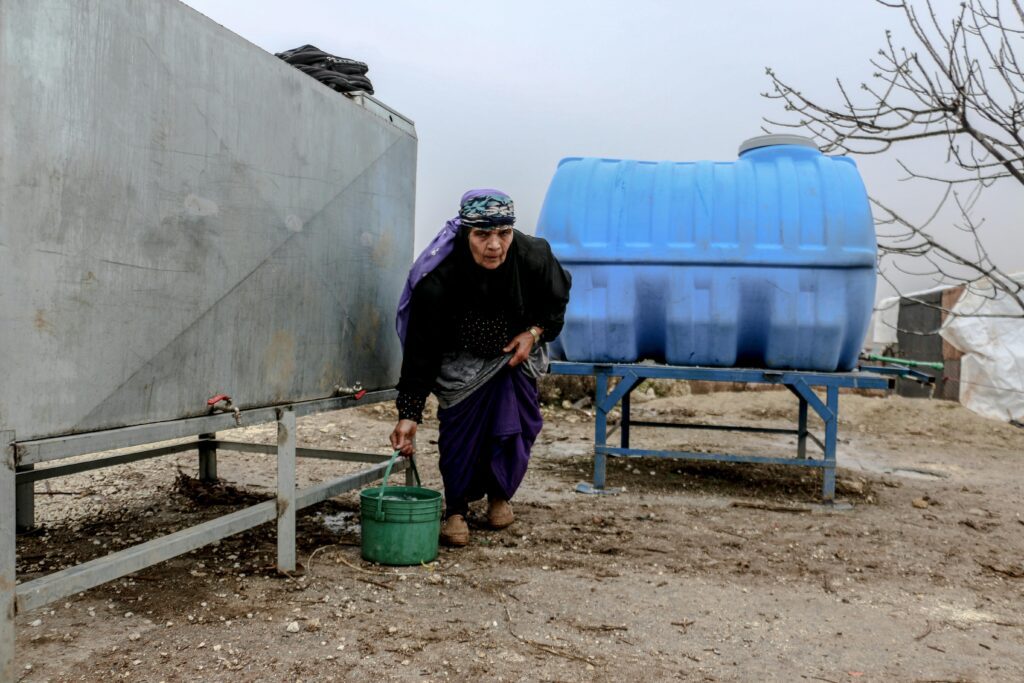
Enhancing Local Finances and Combating Corruption – تعزيز التمويل المحلي ومكافحة الفساد

Innovative Approaches to Local Service Delivery in Fragile States – مقاربات مبتكرة لتقديم الخدمات المحلية في الدول الهشة
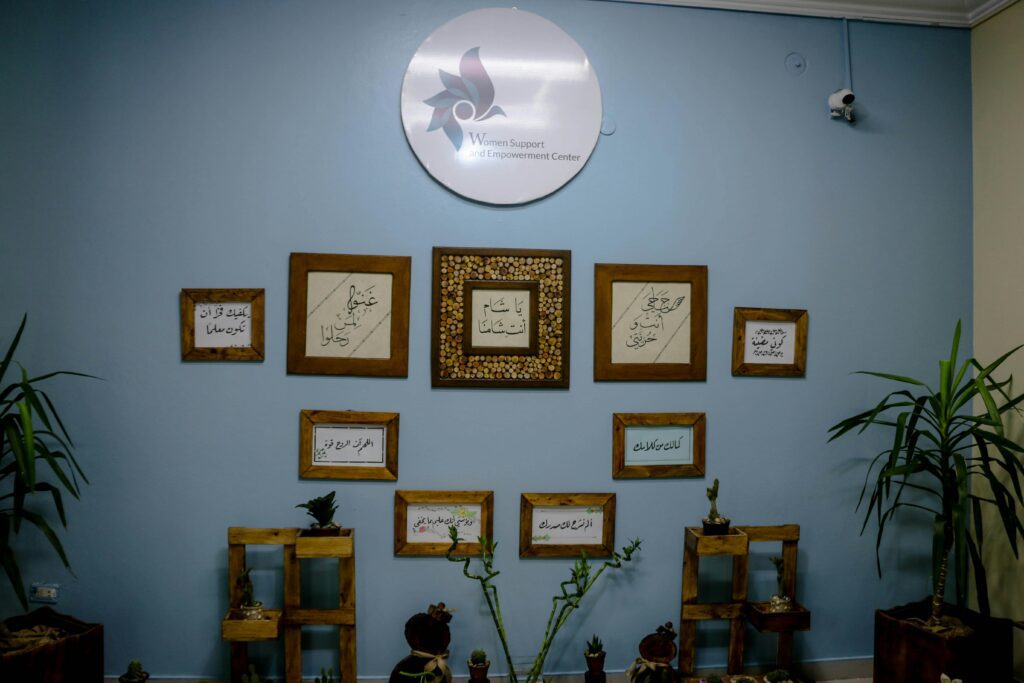
تعزيز الحوكمة المحلية لتحقيق خدمات فعالة – Strengthening Local Governance for Effective Service Delivery

تمكين المجتمعات من خلال الحوكمة المحلية: الدروس وأفضل الممارسات – Empowering Communities through Local Governance: Lessons and Best Practices
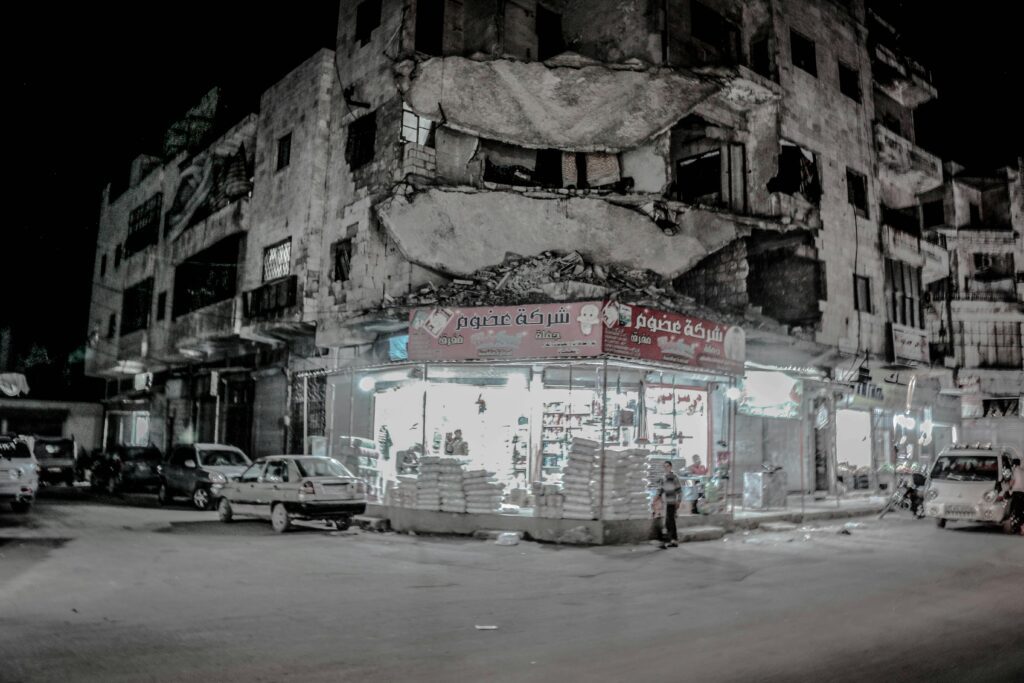
بناء أنظمة حوكمة محلية مرنة: استراتيجيات لتصميم البرامج – Building Resilient Local Governance Systems: Strategies for Program Design

– Understanding Local Governance in Fragile Contexts: Principles and Challenges فهم الحوكمة المحلية في البيئات الهشة: المبادئ والتحديات
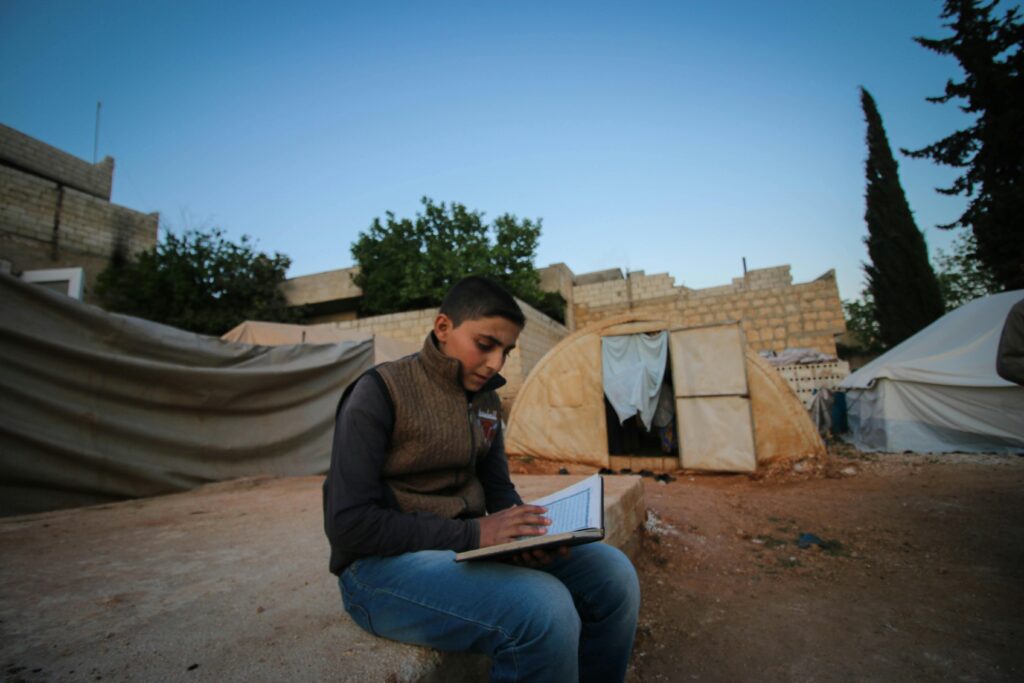
Domains of Change in Transforming Local Governance مجالات التغيير في تحويل الحوكمة المحلية
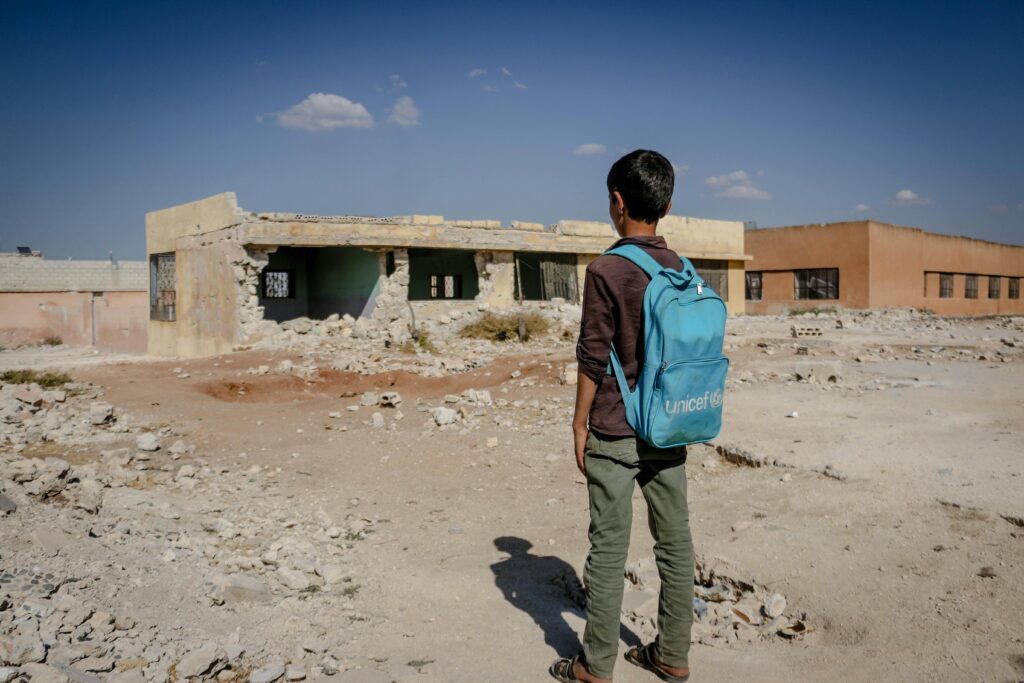
Building Resilience Through Local Governance in Fragile Settings بناء الصمود من خلال الحوكمة المحلية في البيئات الهشة
